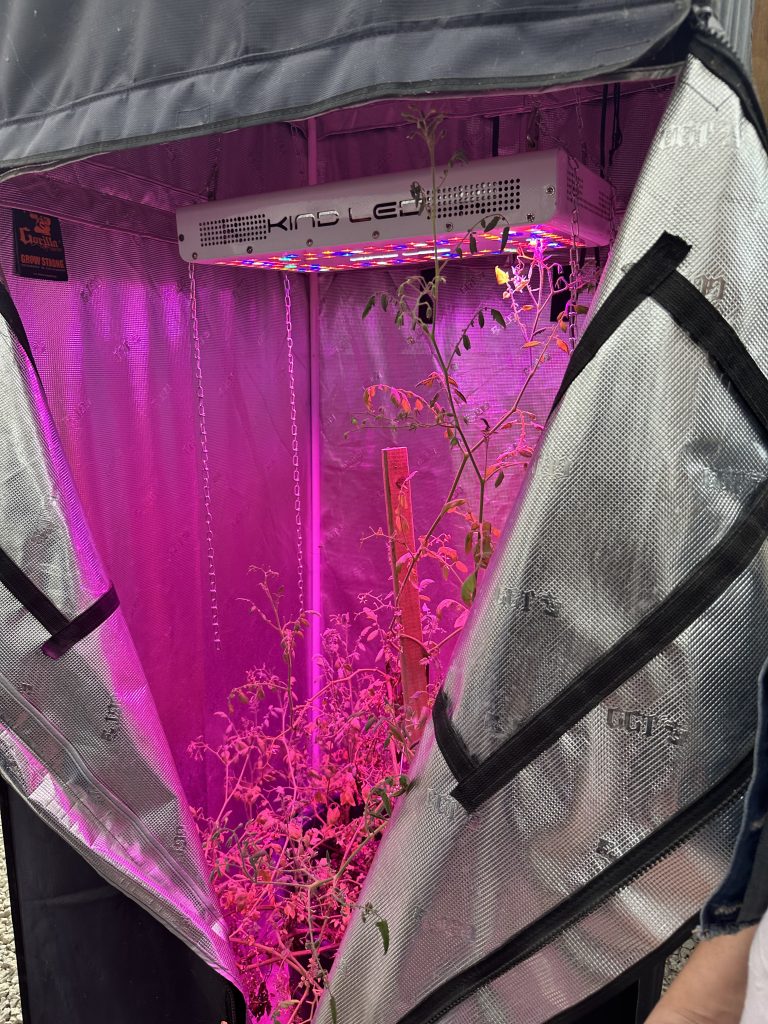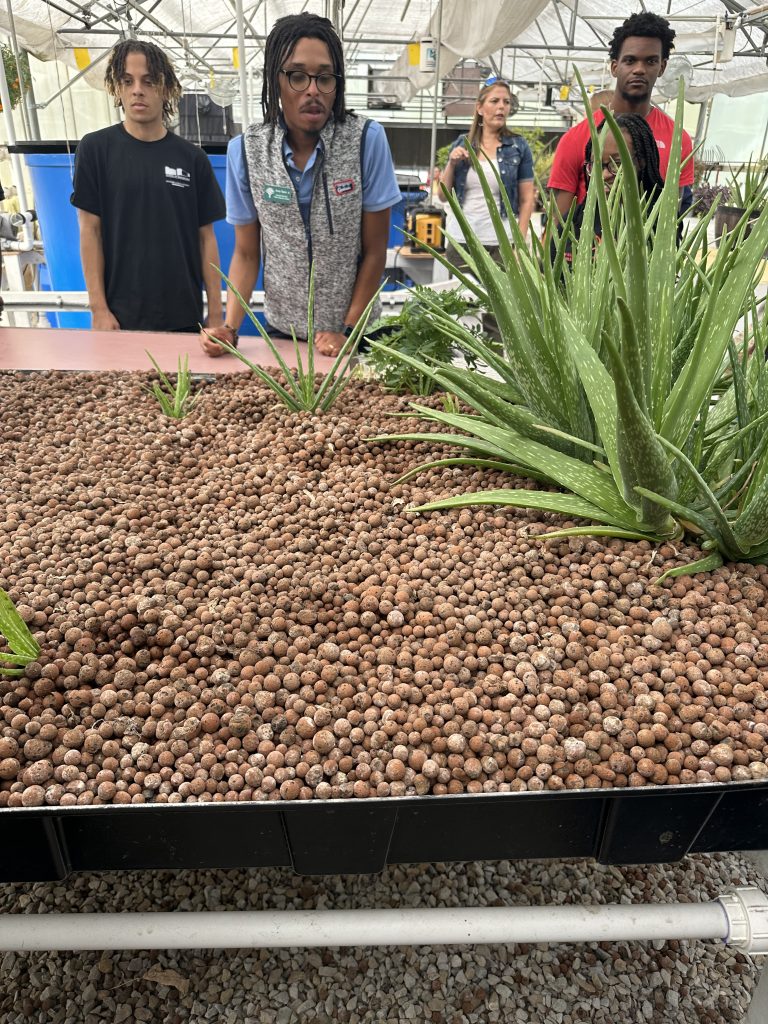Midterm 1st Semester
As much as I thought I was ready for college, I was wrong. College is a tremendous step up from high school; the workload, schedule, and time management are on a new level. It took me a while to adapt, and during this time, there was a lot of trial and error. The most challenging thing for me was balancing studying and making new memories with new friends. CODES has made this college experience incredibly unique and memorable. The amount of learning opportunities has been endless and has immensely helped me throughout all of my classes’ projects and assignments.
Goal 1 (20%)
Develops clear, innovative central messages with significant
supporting materials.
I want my oral communication to flow and make smooth transitions
During my photo essay presentation, I was slightly nervous but I maintained eye contact, and was working on projecting my voice.
In my counter mapping presentation, I had a significantly more confident voice tone, while having eye contact and non verbal body motions. This can help the speaker get the over arching message effectively to the audience.

Goal 2 (20%)
Identifies and evaluates multiple approaches for solving problems. I want to be able to see a problem, consider multiple viewpoints, and consider all factors.
At our field trip to JJK, we learned that they were in the process of constructing a greenhouse and how to do this various factors tied in to the system as a whole having to consider them all to prevent issues from ever arising.
Reflection 6 really challenged me, but I really had to do lots of rereading just to understand all concepts and ideas so I can reflect over them.


Reflection 6
This reading exhibits a storyline that, compared to the other readings we have written reflections on, has been to persuade, inform, or entertain. This reading is sending a message through an actual storyline. It took me some time to understand and comprehend each page’s message. I had to reread multiple pages to ensure I fully understood the concept. There were a few things I annotated that stood out to me while I was reading.
At the bottom of page 71 leading into page 72. “Robbins and Brown were instructed to establish the “initial point” for the era to come- a reference site around which all subsequent surveys across the territories could be arranged.” In this sentence, the phrase initial point refers to how Robbins and Brown have to arrange how they set the scene for everyone else. Considering the situation, such as the origin on a coordinate plane in an algebraic graph, This origin, this starting point, has to be so specific and precise because this is what sets the tone and sets the scene for everyone else and the future history of the wilderness.
Goal 3 (20%)
Evaluates texts’ scholarly significance to apply reading to other contexts or issues.
I plan to work on reading comprehension and apply that knowledge to other problems.
For my digital project 2, I researched other sources that would aid in supporting my argument. Especially for our counter mapping project, I had to find effective sources that I could include to find an accurate picture of each location and its definition.

Reflection 5
I chose the poem Standardized Achievement because it stood out to me. I read this poem multiple times and thought about deciphering each line and who the speaker and audience are. This poem talks about a student’s life in school and the pressures that come with it. This relates to parents’ heavy expectations and goals when the student just wants to be good enough and accepted. Lines three and four of the poem state, “A rigorous seventy-eight question test That quantifies our devotion & grief.” This perspective of the student is that they believe that this test is everything and is a life or death situation.
This reminded me of myself; for my entire life, I was a perfectionist and always a straight-A student. Then college came along, and everything changed; this took a considerable toll on my mental health because I always held myself so highly. This was the main reason why this poem caught my attention; my entire life, I have always told myself that these were my expectations. I was so hard on myself regarding grades because I did not want to disappoint my parents, and I strived to make myself and my parents proud.
Reading a literary analysis was different than reading other texts we’ve read because it focused on how the author wrote the piece instead of what it was about. This analysis also gave me a different way to look at writing pieces since I now tend to think about the way the author structures their writings or what type of rhetoric they use to pull in their audience. I can apply what I see in the text to our CODES theme: for us to actually make the change we want to see for ourselves and our communities, we need to actually see for ourselves the problems and talk to the people living through them daily. We can’t rely on machines or ChatGPT to tell us what’s best; we need to see and understand for ourselves to resolve our problems as best as possible.
Goal 4 (20%)
I want to invite others to engage in conversations and ask them what ideas they have.
On our field trip, I asked questions and asked others their viewpoints and thoughts.
During our counter mapping project I really had to collaborate with my group to start a conversation. I myself, had to first understand the problem and ask others their thoughts on the situation to start somewhere. This is where I found out how crucial it is to make sure that your entire group is on the same page. Confusion among a group never ends well. When all members of a group are on the same page, work can get done effectively and in a timely manner.
Throughout all my group projects this semester, I engaged and initiated conversations regarding what their viewpoints are on the situation, and what steps we should take to fully understand the problem. I also provided them with feedback that would help us learn and improve as a whole.

Goal 5 (20%)
I want to gain skills to help me write clearly and efficiently.
In my reflection 3, I realized how supporting details and using data from the text can create an effective message to support your argument in your writing.
Throughout all of my reflections, I have had a better use of vocabulary, and my sentence structure has improved immensely. I have noticed this throughout the semester, after each reflection my writing is improving because of all the practice I am getting and I am learning with each writing assignment, how to improve to become an overall better writer. Especially throughout reflection 7, I begin to use direct quotes from text as symbolism . I am now also noticing the messages being spread across throughout these pieces of writing and comprehending on what message is the author trying to bring across or what they are alluding to.

Reflection 7
“There is an art to flocking, staying separate enough not to crowd each other, aligned enough to maintain shared direction, and cohesive enough to always move toward each other.” This quote stood out to me and displays that it’s not always easy to do all this work; it requires understanding who people are on a deeper level and why they’re doing what they’re doing. I compared this quote to the daily interactions we have with each other to try to fully understand who they are and why they make the choices they make.
The author alludes to the fact that those small things matter and turn into big things over time as they grow and develop. She also talks about science-fictional behavior, being concerned with how our actions and beliefs from today will shape our future and the next generation. When I thought about this, I realized that one should always think forward in a way that allows one to consider before one acts. The author describes how all these things are interconnected, and we must understand how the system works. This usually states that most of the time, there are few, if not any, shortcuts either.
The author also discussed the ecosystem and animals as playing a part and how these two factors work together, like how people do—just respecting the connection between the two factors. Putting this perspective in a real-world situation is just being able to connect with one another, and sometimes, that can mean having to adapt just to understand the situation or the concept.